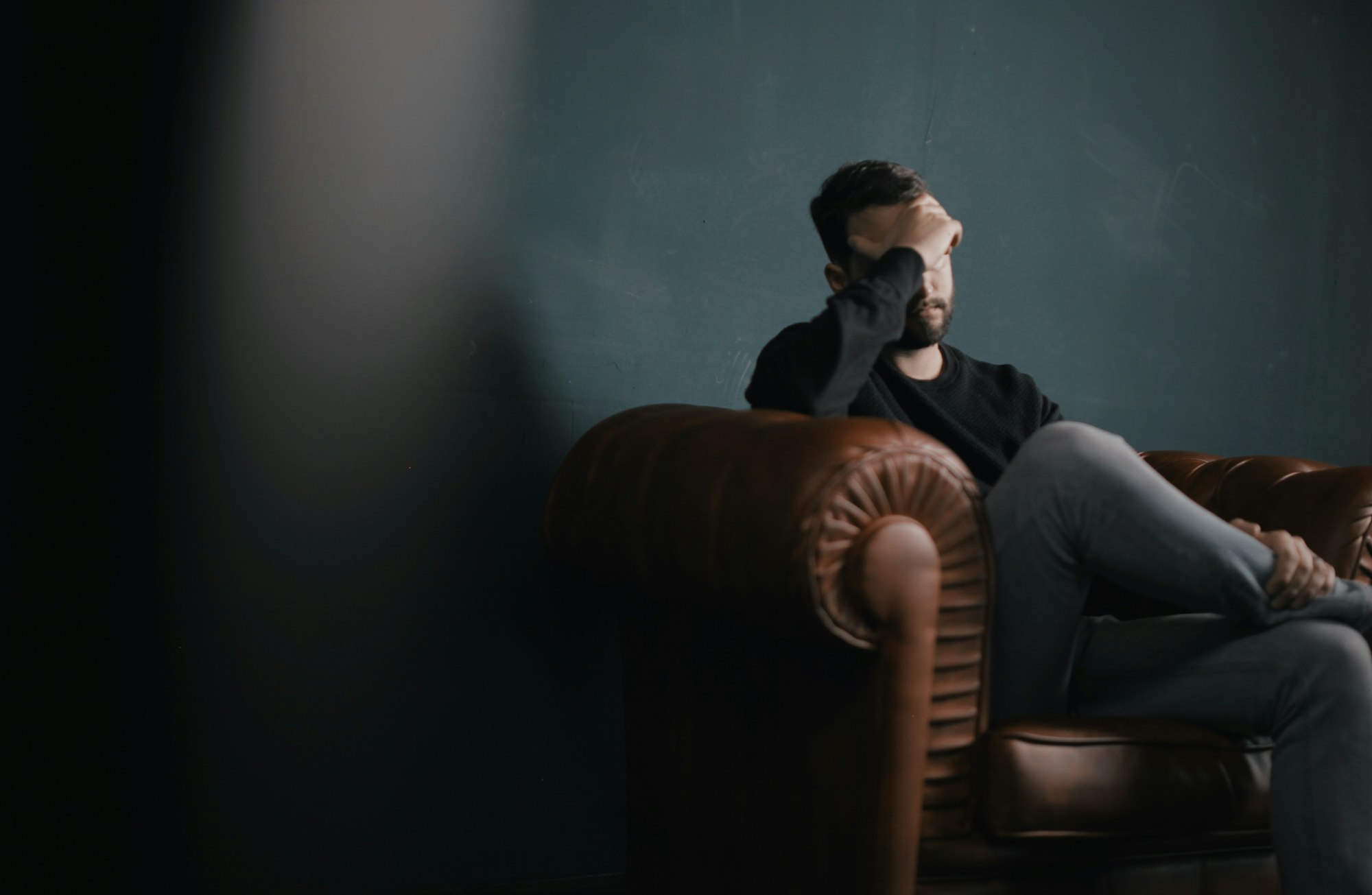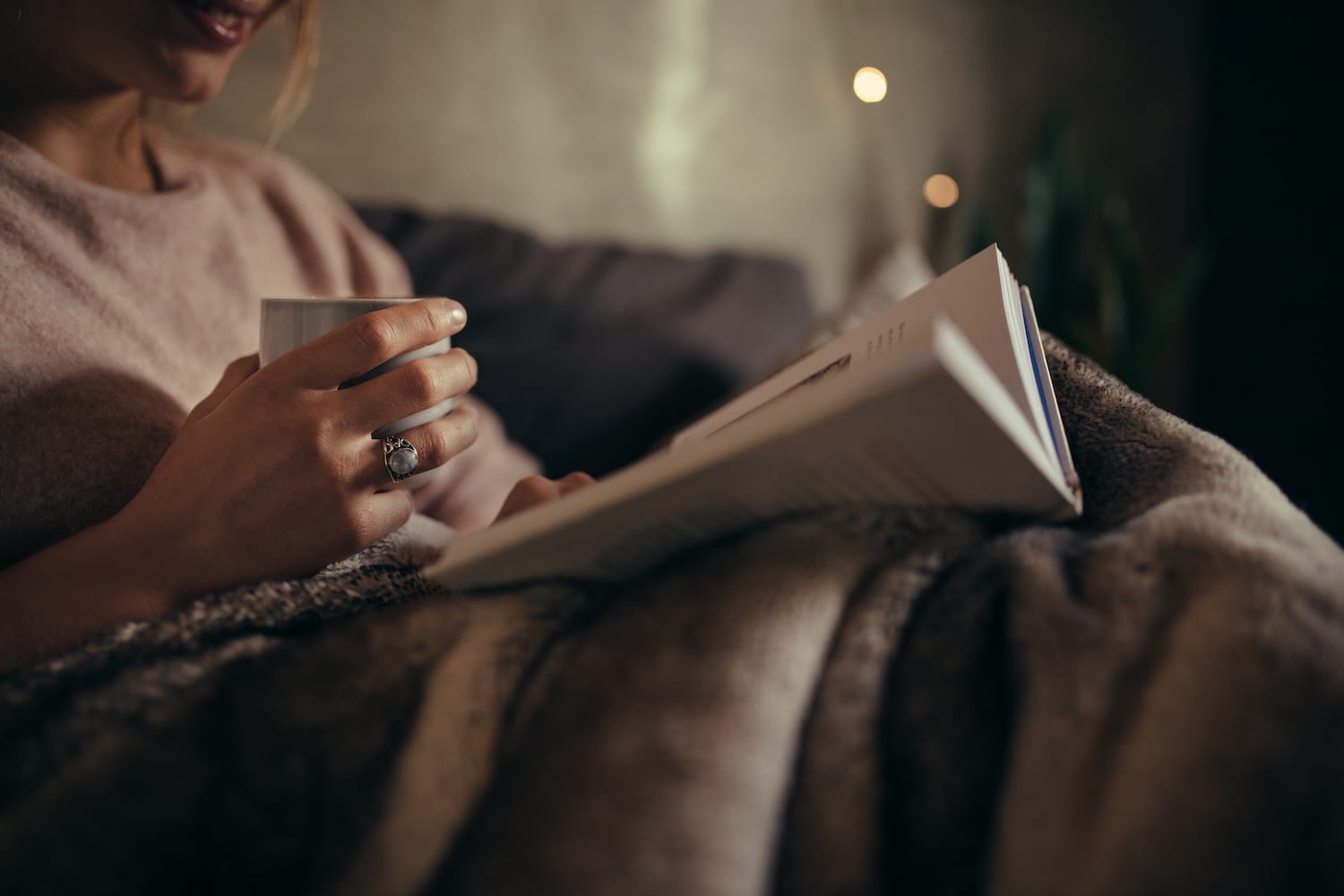
SLEEP 101
Your Circadian Clock
You can think of your circadian clock as the conductor of an orchestra, with the instruments being different types of bodily systems. Each part of the orchestra functions independently, but we feel best when they are in sync.

The Zest Team
· 3 min read
What is a circadian clock (a.k.a. circadian rhythm) and what does it have to do with your sleep?
You can think of your circadian clock as the conductor of an orchestra, with the instruments being different types of bodily systems. Each part of the orchestra functions independently but when all parts are synchronized, it creates something beautiful and harmonious. When the parts are not in sync, you would ask for your money back at the box office.

The circadian clock sends signals with a sophisticated timing schedule that is aligned with an average of a 24 hour time cycle. It helps regulate and dictate the timing of most endogenous, or internal, systems including temperature, gastrointestinal functioning, urination, hormone release including cortisol, and of course, sleep.
The circadian clock is "housed" in the suprachiasmatic nucleus (SCN), which is located in the hypothalamus, right above where the optic fibers from your eyes cross. Yep, you actually have a clock in your brain! The SCN consists of 2 small parts that have about 10,000 neurons each. But those little neuronal bundles are hard at work. As it sends neuronal or hormonal signals, it keeps our circadian clock on time, and body functions consistent across a 24-hour period.
For sleep, the circadian rhythm times the release of melatonin (from the pineal gland), which is body's natural sleep hormone and promotes sleep. It is released in the evening as daylight decreases and stops in the early morning hours as daylight emerges. The connection between the SCN, circadian rhythm, and light exposure is clear. Light input and darkness are external cues that can strengthen (or weaken) our body's internal clock. This means you have some power over sleep by controlling the lighting in your environment during the evening to mimic nature with dimmer, warmer lighting. Cool, right!?
So many intricate inner-workings go into the sleep-wake cycle, but don't forget that our behaviors, thoughts, and stressors can also play important roles.
Read More:
Sleep and thoughts: The truth revealed
Understanding what is happening in our bodies as it relates to sleep is key, but we also need to bring in another factor — your thoughts.

References:
The Role of Melatonin in the Circadian Rhythm Sleep-Wake Cycle
Melatonin has a role in psychiatric illness and the treatment of circadian rhythm sleep disorders, insomnia, and comorbid depressive disorders.

What Is Circadian Rhythm? | Sleep Foundation
Circadian rhythms promote quality sleep & overall health. Read about the internal clock, why it’s important, & how it can be supported.

The genetics of circadian rhythms, sleep and health - PubMed
Circadian rhythms are 24-h rhythms in physiology and behaviour generated by molecular clocks, which serve to coordinate internal time with the external world. The circadian system is a master regulator of nearly all physiology and its disruption has major consequences on health. Sleep and circadian …

SLEEP 101
#JENNA
#LAUREN




